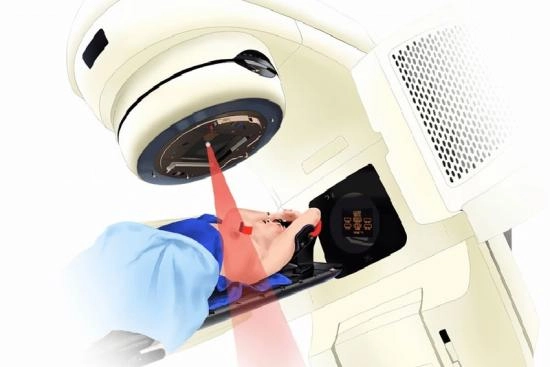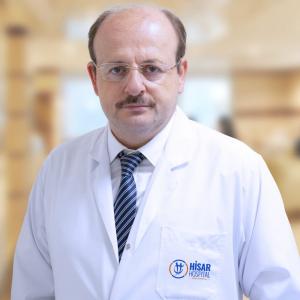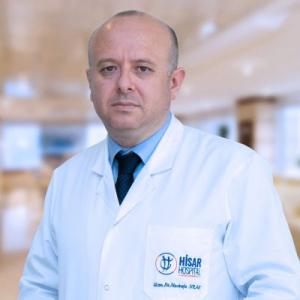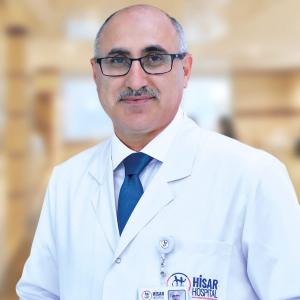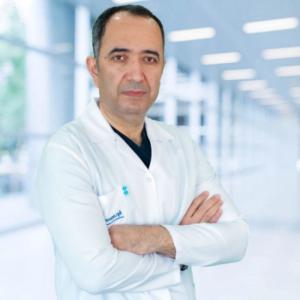Cancer is a disease characterized by the uncontrolled growth of abnormal cells in the body. These cells can form tumors that invade neighboring tissues and, in some cases, spread to other parts of the body via the blood or lymphatic system.
Radiotherapy is one of the most effective cancer treatments. It uses ionizing radiation to destroy cancer cells' DNA, thereby blocking their ability to multiply. By precisely targeting affected areas, radiotherapy can shrink tumors or eliminate them altogether.
Risks and Side Effects
- Tired
- Hair loss
- Falling blood cells
Price of a radiotherapy session in Turkey
On average, a session costs between €100 and €300. However, these prices are only estimates. The actual cost of your treatment depends on several factors, including:
- The type of radiotherapy.
- The area of the tumor to be treated.
- The experience of the radiotherapist.
Turquie Santé will help you find the best centers for your treatment. Our partner clinics and hospitals are equipped with the latest technology and offer excellent services and medical care at affordable prices.
